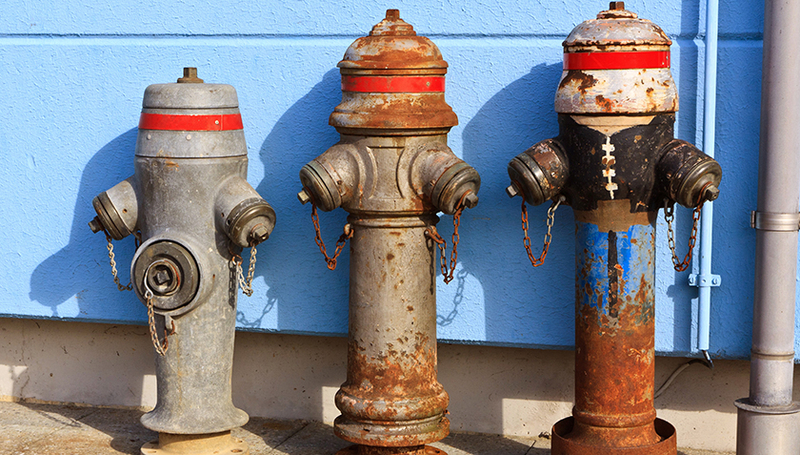Emerging Solutions to the Water Challenges of an Urbanizing World
Published on by Naizam (Nai) Jaffer, Municipal Operations Manager (Water, Wastewater, Stormwater, Roads, & Parks) in Academic
 Ageing infrastructure, global population growth and increasing urbanization call for new approaches in the water supply and wastewater management sector.
Ageing infrastructure, global population growth and increasing urbanization call for new approaches in the water supply and wastewater management sector.
Conventional systems – comprising a drinking-water network, sewers and centralized wastewater treatment plants – which have proved effective in industrialized countries to date do not represent a sustainable solution for the future, as is apparent from rapidly growing urban areas, particularly in Africa and Asia.
In an article published in Science, researchers argue that innovative, resource-efficient approaches are urgently required: for example, to reduce consumption, water should be treated and reused, and more efficient technologies should be used for wastewater treatment. In addition, separation of wastewater streams at source would facilitate further treatment – e.g. the recovery of nutrients from urine, and energy from feces.
With the Blue Diversion Toilet and the Vuna project, Eawag has already gained substantial experience with processes of this kind. Further field tests are now being conducted in the Water Hub at the modular experimental building Nest in Dübendorf. The authors emphasize the advantages of decentralized systems, which can be installed in the short term and adapted to local needs, without requiring large-scale investments in infrastructure. But, in many regions, sustainable urban water management requires not only technological solutions but also institutional and organizational reforms, as well as closer collaboration between research, policy and practice.
Full Report Attached
Attached link
http://science.sciencemag.org/content/352/6288/928.fullMedia
Taxonomy
- Sewage Treatment
- Water Reuse & Recycling
- Wastewater Treatment
- Consumption
- Nutrient Recovery & Reuse